A Nature special on how AI is transforming the scientific enterprise.
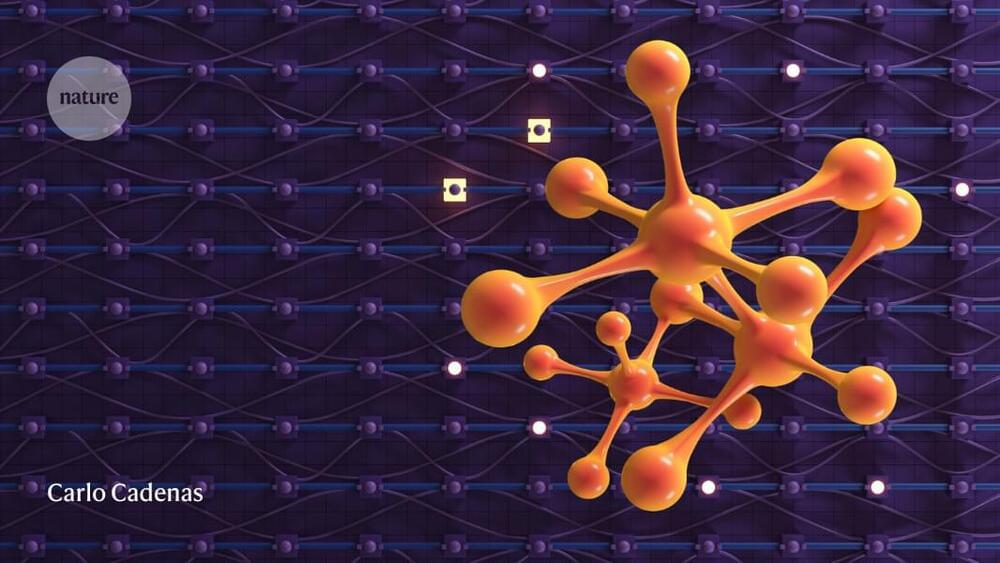

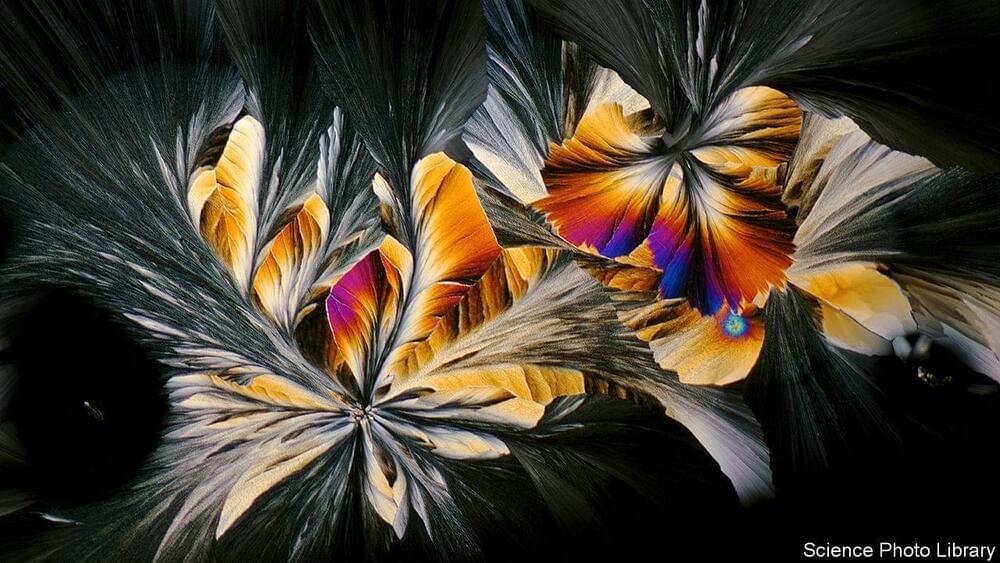
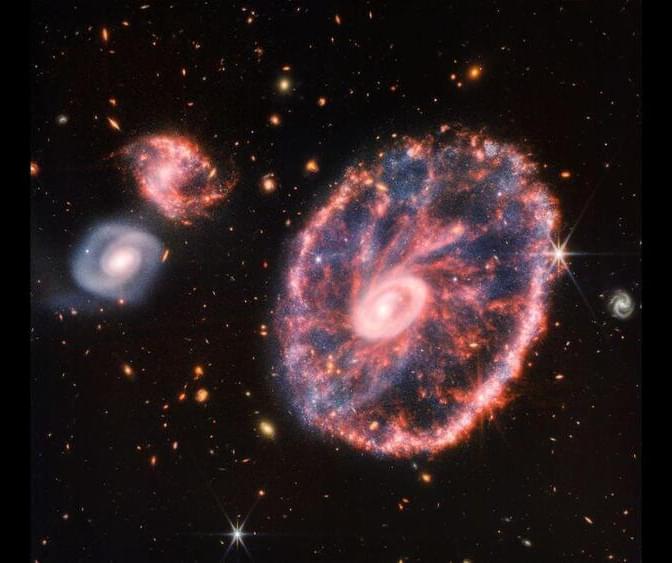
📸 Look at this post on Facebook https://www.facebook.com/share/uKnbHyJoSRWNgmjv/?mibextid=xfxF2i
“Researchers can extract more knowledge from the same data, contributing to a deeper understanding of the cosmos”
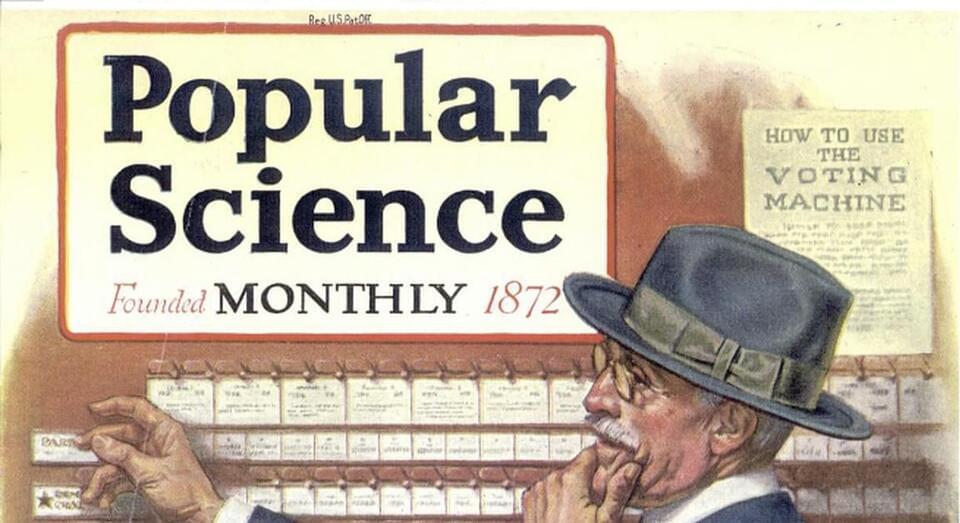
It is already disorienting enough to accept that our attention only absorbs a fraction of the events and phenomena unfolding within and around us at any given moment. Now consider that our memory only retains a fraction of what we have attended to in moments past. In the act of recollection, we take these fragments of fragments and try to reconstruct from them a totality of a remembered reality, playing out in the theater of the mind — a stage on which, as neuroscientist Antonio Damasio has observed in his landmark work on consciousness, we often “use our minds not to discover facts, but to hide them.”
We do this on the personal level — out of such selective memory and by such exquisite exclusion, we compose the narrative that is the psychological pillar of our identity. We do it on the cultural level — what we call history is a collective selective memory that excludes far more of the past’s realities than it includes. Borges captured this with his characteristic poetic-philosophical precision when he observed that “we are our memory… that chimerical museum of shifting shapes, that pile of broken mirrors.” To be aware of memory’s chimera is to recognize the slippery, shape-shifting nature of even those truths we think we are grasping most firmly.
Nearly a century after Nietzsche admonished that what we call truth is https://www.themarginalian.org/2018/03/26/nietzsche-on-truth…ral-sense/ the great Japanese filmmaker Akira Kurosawa (March 23, 1910–September 6, 1998) created an exquisite cinematic metaphor for the slippery memory-mediated nature of truth in his 1950 film Rashomon, based on Ryunosuke Akutagawa’s short story “In a Grove” — a psychological-philosophical thriller about the murder of a samurai and its four witnesses, who each recount a radically different reality, each equally believable, thus undermining our most elemental trust in truth.
https://www.hdiac.org/podcast/neuroweapons-part-2/
The second installment of this two-part podcast continues the conversation with Dr. Giordano on the implications of weaponizing brain science. In an article he wrote for HDIAC in 2016 titled ‘Battlescape Brain’, Dr. Giordano hinted at the possibility of a neuroweapons arms race that could follow from international surveillance. Dr. Giordano provides an updated look at these concerns in the context of today’s environment. He concludes by describing ethical frameworks that could regulate future policies for biotechnology as the world moves forward in this dynamic area.
Watch regular HDIAC webinars and video podcasts by subscribing:
Become a member of the Homeland Defense and Security Information Analysis Center: https://www.hdiac.org/register/
Visit: www.hdiac.org.
Follow: https://www.instagram.com/dod_hdiac/
Like: https://www.facebook.com/DoDHDIAC/
Tweet: https://twitter.com/DoD_HDIAC
Connect: https://www.linkedin.com/company/dodhdiac
https://www.hdiac.org/podcast/neuroweapons-part-1/
In part one of this two-part podcast, HDIAC analyst Mara Kiernan interviews Dr. James Giordano, a Professor in the department of Neurology and Biochemistry at Georgetown University Medical Center. The discussion begins with Dr. Giordano defining neuroweapons and explaining their applied technologies. He provides insight into the manner in which international weapons conventions govern the use neuroweapons and discusses the threats presented by neuroweapons in today’s environment. Dr. Giordano goes on to review the need for continuous monitoring, including his views regarding challenges and potential solutions for effectively understanding global developments in neuroweapon technologies.
Watch regular HDIAC webinars and video podcasts by subscribing:
Become a member of the Homeland Defense and Security Information Analysis Center: https://www.hdiac.org/register/
Visit: www.hdiac.org.
Follow: https://www.instagram.com/dod_hdiac/
Like: https://www.facebook.com/DoDHDIAC/
Tweet: https://twitter.com/DoD_HDIAC
Connect: https://www.linkedin.com/company/dodhdiac

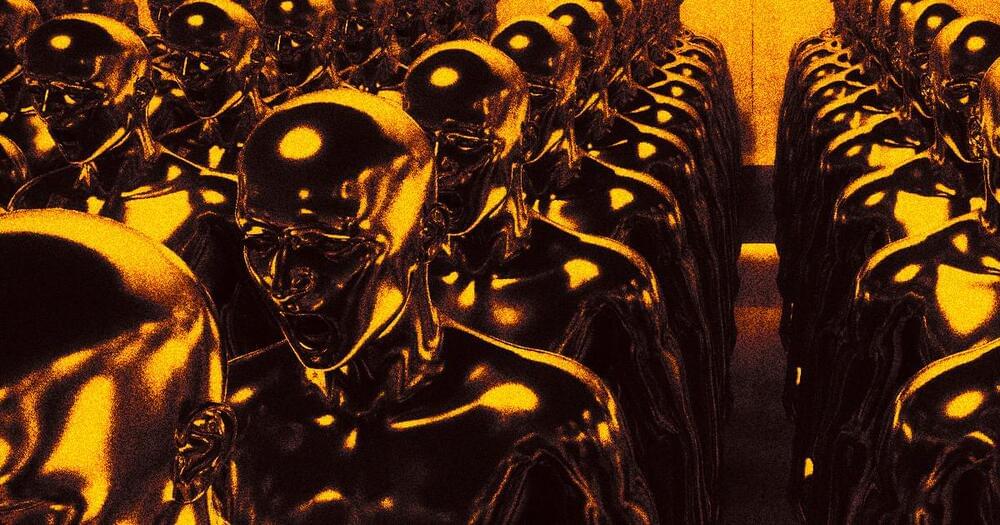
What role should text-generating large language models (LLMs) have in the scientific research process? According to a team of Oxford scientists, the answer — at least for now — is: pretty much none.
In a new essay, researchers from the Oxford Internet Institute argue that scientists should abstain from using LLM-powered tools like chatbots to assist in scientific research on the grounds that AI’s penchant for hallucinating and fabricating facts, combined with the human tendency to anthropomorphize the human-mimicking word engines, could lead to larger information breakdowns — a fate that could ultimately threaten the fabric of science itself.
“Our tendency to anthropomorphize machines and trust models as human-like truth-tellers, consuming and spreading the bad information that they produce in the process,” the researchers write in the essay, which was published this week in the journal Nature Human Behavior, “is uniquely worrying for the future of science.”
Buy me a coffee: https://ko-fi.com/chrisdanelon.
My game on Steam: https://store.steampowered.com/app/1550870/The_Indigo_Parallel/
Join my Discord Server: https://discord.gg/NardUX9Hqy.
The Expanse is an American science fiction television series developed by Mark Fergus and Hawk Ostby for the Syfy network, and is based on the series of novels of the same name by James S. A. Corey. The series is set in a future where humanity has colonized the Solar System. It follows a disparate band of protagonists—United Nations Security Council member Chrisjen Avasarala (Shohreh Aghdashloo), police detective Josephus Miller (Thomas Jane), ship’s officer James Holden (Steven Strait) and his crew—as they unwittingly unravel and place themselves at the center of a conspiracy that threatens the system’s fragile state of cold war, while dealing with existential crises brought forth by newly discovered alien technology.
The Expanse has received a positive critical response, with particular praise for its visuals, character development and political narrative. It received a Hugo Award for Best Dramatic Presentation and three Saturn Award nominations for Best Science Fiction Television Series. Syfy cancelled the series after three seasons. Amazon later acquired the series, producing three more seasons, with the sixth and final season premiering on December 10, 2021.
#TheExpanse #scifi #space #syfy #expanse #expanseonprime #amazon